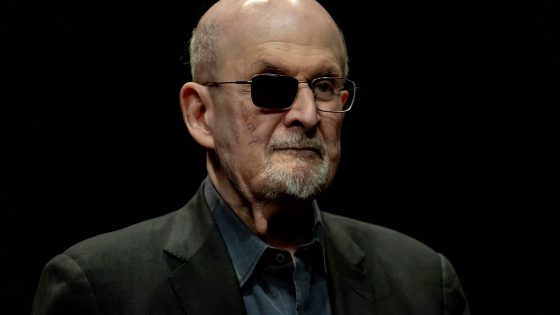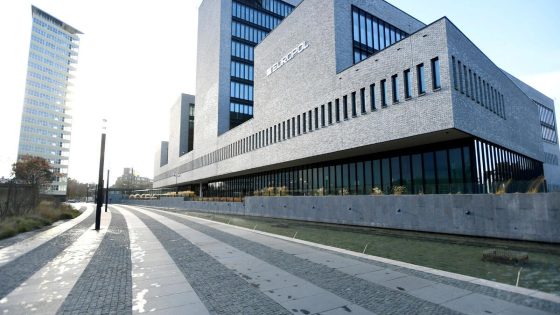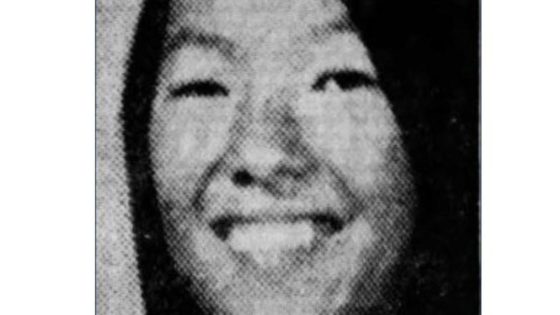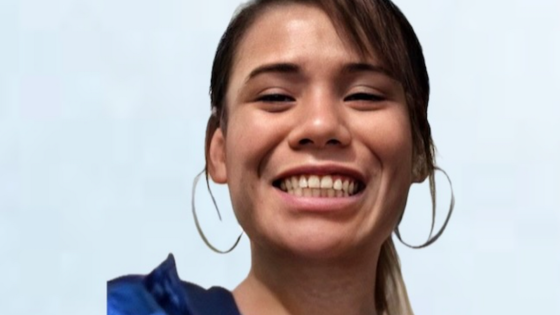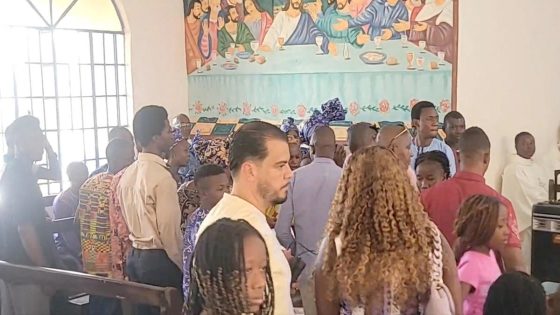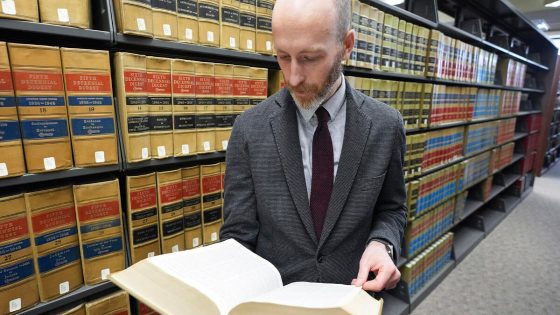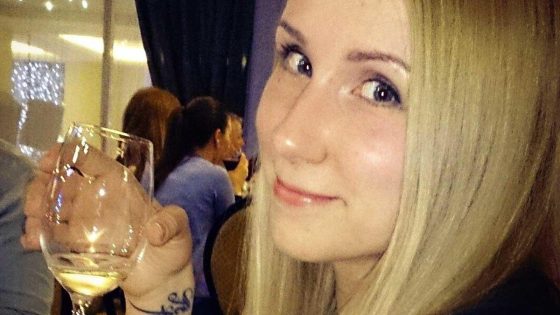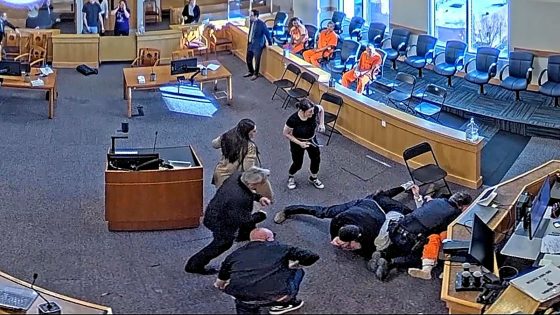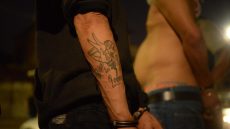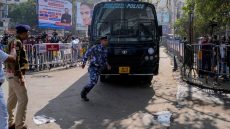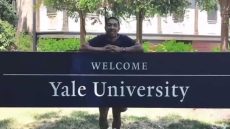On February 20, 2025, a significant chapter unfolded in the courtroom of Mayville, New York, as Hadi Matar was found guilty of attempted murder for the shocking attack on acclaimed author Salman Rushdie. The incident had transpired over two years prior, on August 12, 2022, during a lecture at the Chautauqua Institution, where Rushdie was scheduled to speak.
- Salman Rushdie testifies in his attacker's trial.
- Hadi Matar convicted of attempted murder charges.
- Matar displayed no reaction to the verdict.
- Rushdie suffered severe injuries in the attack.
- Jurors deliberated for less than two hours.
- Matar could face up to 25 years in prison.
Matar, a 27-year-old from Fairview, New Jersey, stormed the stage and unleashed a barrage of knife strikes on Rushdie, wounding him severely. This brutal attack, witnessed by a horrified audience, was motivated, as authorities later suggested, by a fatwa issued against Rushdie decades earlier after the publication of his controversial novel The Satanic Verses. For years, this edict had loomed over Rushdie’s life, forcing him into hiding while casting a long shadow over his literary career.
The trial was a harrowing affair, revealing the devastating impact of that fateful day. Jurors heard vivid testimonies, including an emotional account from Rushdie himself, who described feeling as though he was dying during the attack. "I thought I was about to die," he recounted in court, his voice steady but filled with the weight of his memory. The author, who was stabbed more than a dozen times, showed jurors the lasting scars of his ordeal, including a permanently injured right eye obscured behind dark glasses.
District Attorney Jason Schmidt meticulously laid out the case against Matar, highlighting the unprovoked nature of the attack. In closing arguments, he emphasized the premeditated aspect of Matar’s actions, urging the jury to consider the severity and intent behind multiple stabbings. "I want you to look at the unprovoked nature of this attack," he stated, a slow-motion video of the incident playing behind him. This footage, captured from the chaos of the moment, revealed the terror Rushdie faced as he tried to defend himself.
On the other side, Matar’s defense team argued against the state’s claims, suggesting that rushdie had largely survived the brutal assault and condemning the prosecution for pursuing attempted murder charges based on Rushdie’s celebrity status. Public Defender Nathaniel Barone articulated this sentiment, asserting, "We think that it became an attempted murder because of the notoriety of the alleged victim in the case." He claimed that the prosecution had failed to prove that Matar intended to kill Rushdie, attempting to blur the line between chaos and malice.
The jury deliberated for less than two hours before returning with a guilty verdict. The atmosphere in the courtroom was tense as Matar was led away in handcuffs, having shown little outward reaction to the outcome. As he exited, he quietly uttered a phrase he had often repeated during the trial: "Free Palestine."
As the judge scheduled sentencing for April 23, with the possibility of Matar receiving up to 25 years in prison, the ramifications of this case echoed well beyond the courtroom walls. Legal proceedings against Matar were complicated by a separate federal indictment related to terrorism charges, stemming from his alleged motivations linked to Hezbollah’s violent rhetoric surrounding Rushdie’s works.
This case not only marks a crucial moment in Rushdie’s personal fight for justice but also serves as a reminder of the ongoing impact of censorship and targeted violence against creators. As society continues to grapple with the balance between free expression and the threats posed to artists and writers, the trial has re-opened discussions on these vital issues.
With the legal battles set to continue, and public interest remaining heightened, this case promises to keep the spotlight on both the dangers faced by writers like Rushdie and the broader implications of ideological extremism in contemporary discourse. The conviction of Matar is one step in a larger fight for justice, underscoring that behind every headline, there are complex narratives and human lives at stake.



